1. The Nile’s Dangerous Floods
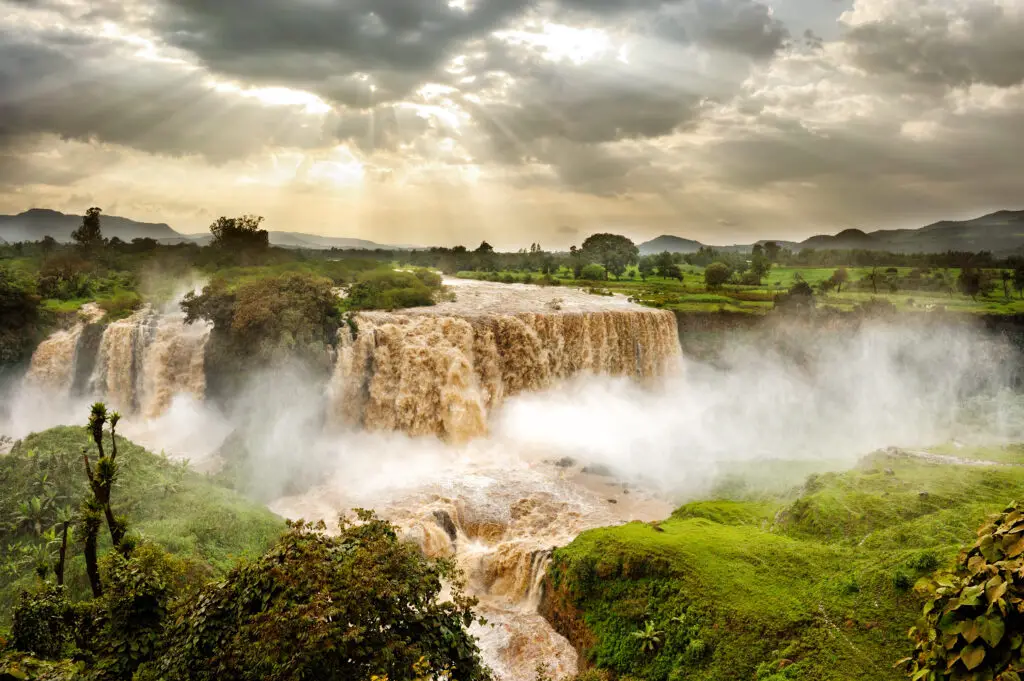
In ancient Egypt, the Nile River was both a source of life and a threat. Local legends warned of its unpredictable flooding, with some predicting disastrous consequences when the waters surged too high. These floods were seen as divine warnings from the gods, urging people to appease them. Surprisingly, these ancient warnings were rooted in truth. The floods often brought fertile soil but could also destroy crops, homes, and entire communities.
Over time, the Nile’s fluctuations were linked to natural cycles and weather patterns, including climate shifts and changes in the river’s course. Today, we understand that the Nile’s annual flooding was heavily influenced by the monsoon rains in East Africa, making the Egyptians’ warnings about the river’s wrath all too real.
2. Volcanoes Can “Speak” Before Erupting
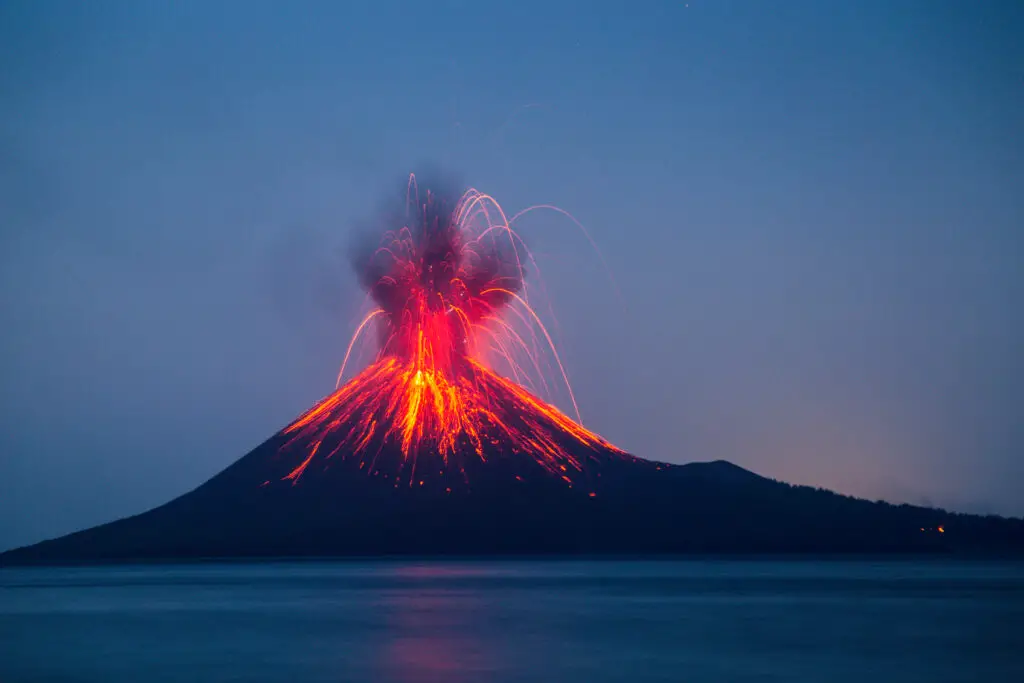
The ancient Romans were keenly aware of the dangers posed by volcanoes, especially Mount Vesuvius, which erupted catastrophically in 79 AD. Prior to the eruption, there were signs that the locals took as ominous warnings. The tremors and strange smells from the mountain were viewed as messages from the gods, but these were also early signs of volcanic activity. They just didn’t know it yet.
Modern science has since confirmed that these signs—earthquakes, gas emissions, and unusual smells—are common precursors to volcanic eruptions. Vesuvius, in particular, exhibited these warning signs before burying the cities of Pompeii and Herculaneum in ash. What the ancients called divine omens were, in fact, nature’s way of signaling danger.
3. Earthquakes and the “Sacred” Animals
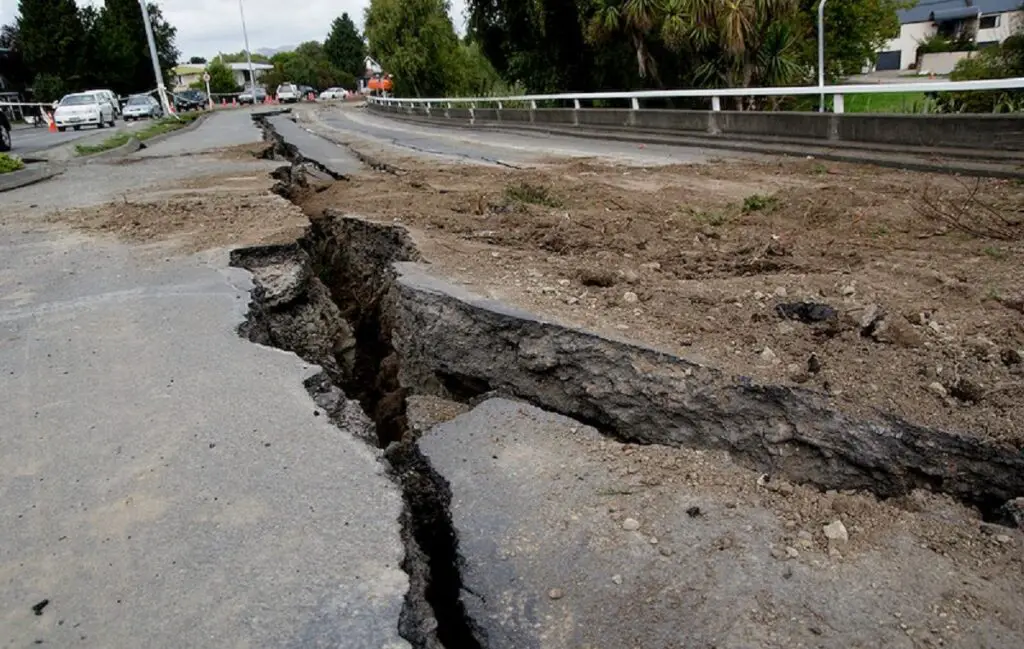
Ancient cultures like the Chinese and Greeks believed that animals could sense the coming of earthquakes long before humans. The Greeks, for instance, recorded instances where dogs howled or cats hid before tremors struck. They believed these animals were attuned to supernatural forces, and in many cases, these behaviors occurred just hours before an earthquake.
Scientific studies have since shown that animals can, in fact, detect certain environmental changes before earthquakes. Some animals seem to sense vibrations or shifts in the earth’s magnetic fields, which explains their anxious or erratic behavior before a quake. These ancient beliefs were grounded in a keen understanding of nature’s hidden signals.
4. The Disappearance of the Mayan Civilization
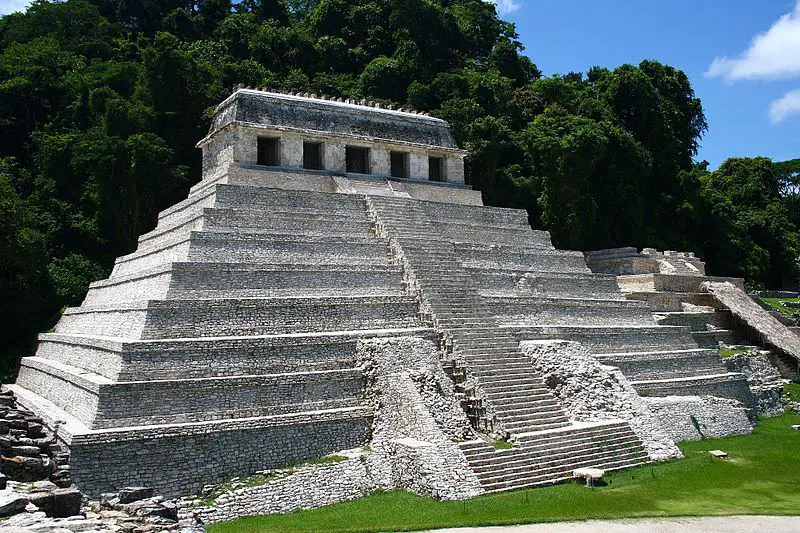
The Maya civilization, known for its grand cities and advanced knowledge, had long-standing beliefs about the importance of maintaining harmony with nature. They held that a failure to respect the gods and the environment could lead to catastrophic consequences. According to ancient texts, the Maya were warned of environmental collapse if they did not tend to their forests and waters.
Today, many historians believe that the collapse of the Maya civilization was, in part, due to environmental factors, including deforestation and drought. The warnings about nature’s wrath were not just cultural superstition but warnings that turned out to have a very real basis in ecological science. Nature, as the Maya believed, was indeed a powerful force to be respected.
5. The Importance of Wind and Water in Ancient Greece
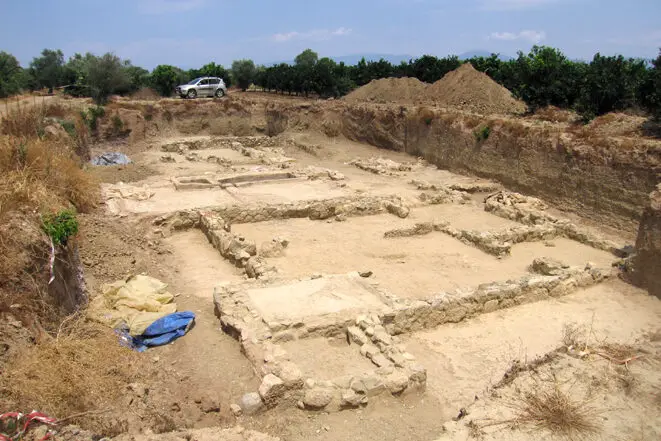
In ancient Greece, sailors relied heavily on the winds for their journeys, and the gods of the wind were believed to influence the success or failure of a voyage. The ancient Greeks believed that bad weather or sudden storms were a sign of displeasure from the gods, a belief grounded in the erratic nature of the seas and winds. When sailors disrespected the gods, they would often be struck by devastating storms.
Modern meteorology has shown that the winds and water currents in the Mediterranean can be incredibly unpredictable, causing sudden, severe storms that can ruin voyages. The Greeks weren’t just attributing their misfortunes to divine wrath; they were recognizing the volatile forces of nature that could strike without warning.
6. The Burning of the Forests in Ancient Rome
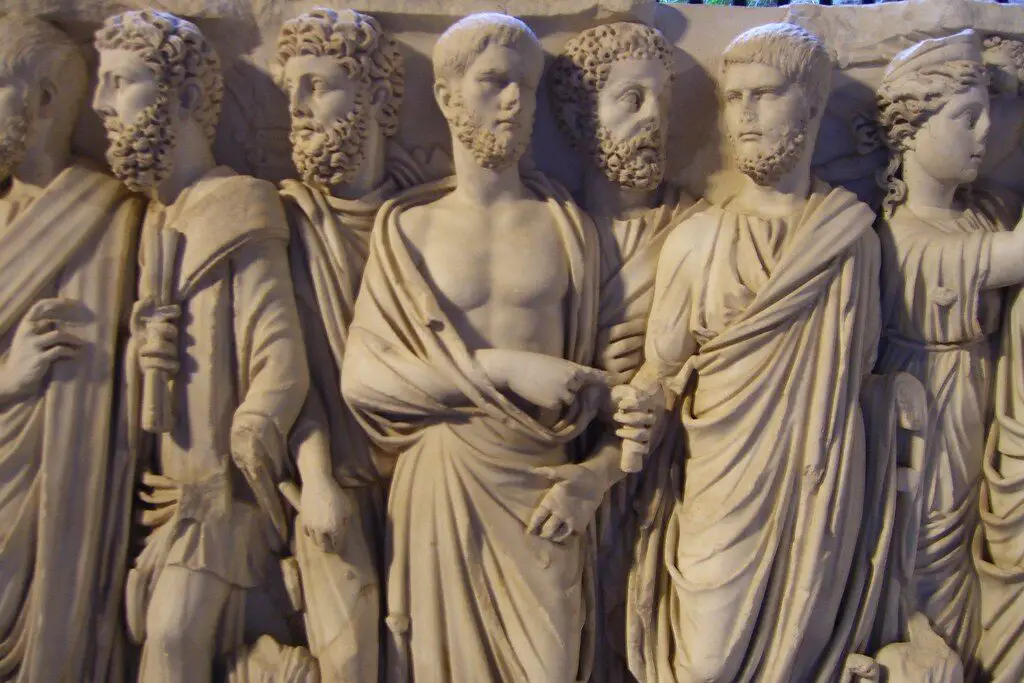
In ancient Rome, the destruction of forests was often seen as a direct affront to nature. Romans had strict laws about deforestation and respected certain sacred groves as sites of divine power. They believed that cutting down trees and overharvesting wood would anger the gods and lead to natural disasters.
Archaeological evidence suggests that deforestation did indeed contribute to soil erosion and other environmental problems in ancient Rome. The collapse of agriculture and the rise of desertification in certain parts of the Roman Empire were linked to the environmental consequences of cutting down too many trees. In this case, the ancient warnings about forest conservation were both prescient and practical.
7. The Danger of the Tides in Ancient Britain

In ancient Britain, the tides were often viewed with a mixture of awe and fear. The Celts and early Britons recognized that the tides were powerful forces, capable of flooding coastal areas and causing shipwrecks. Local legends spoke of the “sea’s wrath,” warning of the danger of underestimating the tides, especially around the full moon when they were strongest.
Recent research has shown that the tides in the British Isles can indeed be perilous, especially during spring tides when the moon’s gravitational pull is at its peak. These high tides are often the cause of flooding and coastal damage, making the ancient warnings more relevant than ever. The sea, as the Celts knew well, is a force that must always be respected.
